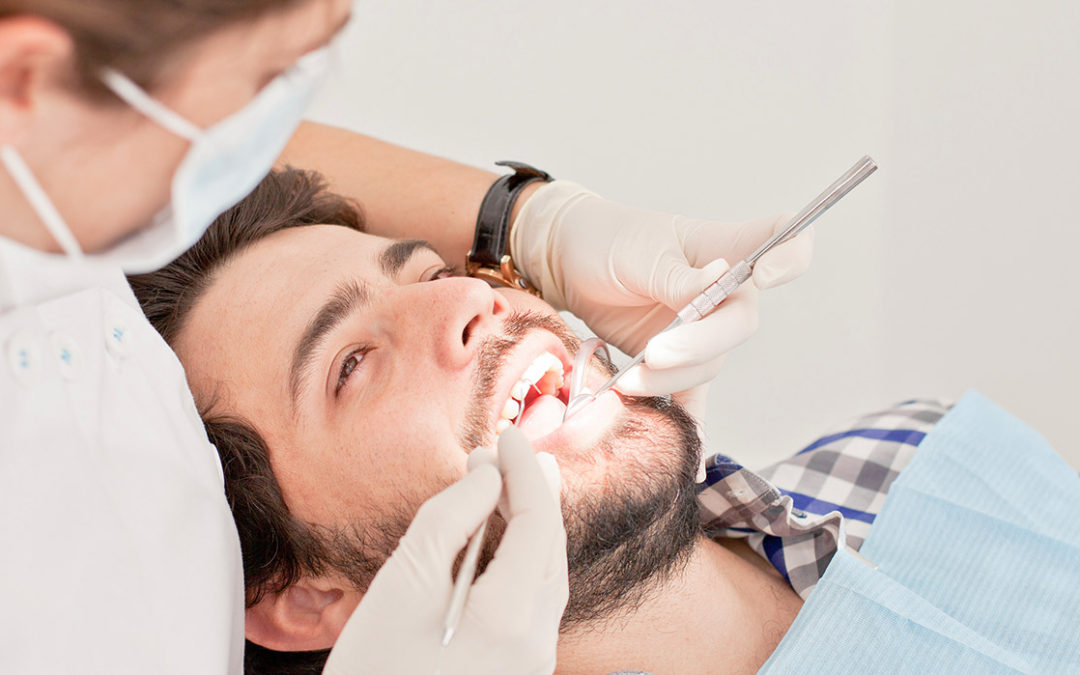If the thought of visiting the dental or getting a dental procedure done is enough to give you severe fear or anxiety? Would you rather endure a toothache than step visit your dentist? You are not alone.
Many people experience irrational fear or stress about visiting their dentists. This is where sedation dentistry comes in. In a nutshell, sedation dentistry is a dental technique that makes use of medication to help patients stay calm during dental procedures.
Although it is sometimes referred to as sleep dentistry, this is not entirely accurate. With sedation dentistry, patients remain conscious and awake, with the exception of those who are under general anesthesia.
Different levels of Sedation
The following are the different levels of sedation:
- Minimal sedation – Patients are awake but calm and relaxed.
- Moderate sedation – This is also sometimes called ‘conscious sedation.’ Patients can slur their words when speaking. They also won’t remember much of what happened during the procedure.
- Deep sedation – Patients are on the edge of consciousness but can still be awakened.
- General anesthesia – Patients are completely unconscious.
Reasons to Consider Sedation Dentistry
Below are some of the reasons countless patients turn to sedation dentistry:
It helps patients feel calm and less nervous about getting dental work done.
While dental check-ups are required to maintain good oral health, many patients develop an intense fear of visiting their dentists because of bad experiences in the past. With sedation dentistry, patients can feel relaxed and calm during dental procedures. They will also experience diminished pain sensitivity during dental procedures.
It helps patients complete long dental procedures.
Patients who are nervous and anxious about getting any dental procedures done can benefit from sedation dentistry. Sedation dentistry can also help ensure patients won’t experience any pain during the procedure.
It helps minimize bleeding from IV access sites.
Sedative medications that are used can also help minimize the sensation that are associated with needles. It also makes it a lot easier to insert access ports and IV catheters when required.
It can help prevent any risk of dependency.
Since sedation dentistry will be administered by a trained professional, the risk of dependency is eradicated. Also, aside from ensuring you have a relaxing experience, sedation dentistry can also facilitate better and easier access to areas of your mouth that are hard to reach.
Sedation Dentistry: Important Things to Keep in Mind
If you are considering sedation dentistry, below are some of the essentials you need to keep in mind:
- Prior to getting sedation dentistry, you need to inform your dental provider about any medical conditions you have. This can help them pick the right sedative to use. This is especially important if you have medical conditions like bleeding disorders, blood pressure problems, heart disease, and breathing issues.
- You have different sedation dentistry options available at your disposal. Your dentist can recommend the best one for your case.
- Some sedatives might take longer to wear off. That said, it is best that you do not drive on the way home or operate any heavy machinery after the procedure.
- In all cases, it is important that sedation dentistry is only carried out by licensed and qualified dentists.
- Some sedatives might require that you do not eat or drink anything prior to your appointment. If this is the case, it would be best to speak with your doctor about any instructions you need to follow before the procedure.
- If you will undergo a dental procedure that will require conscious sedation but you want to stay alert, ask your doctor if intermediate would be a good option for you.




